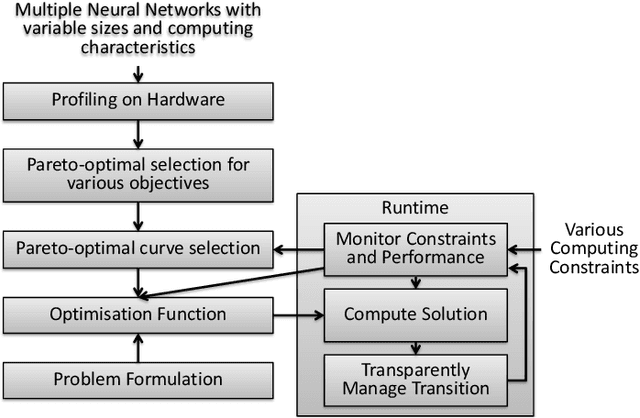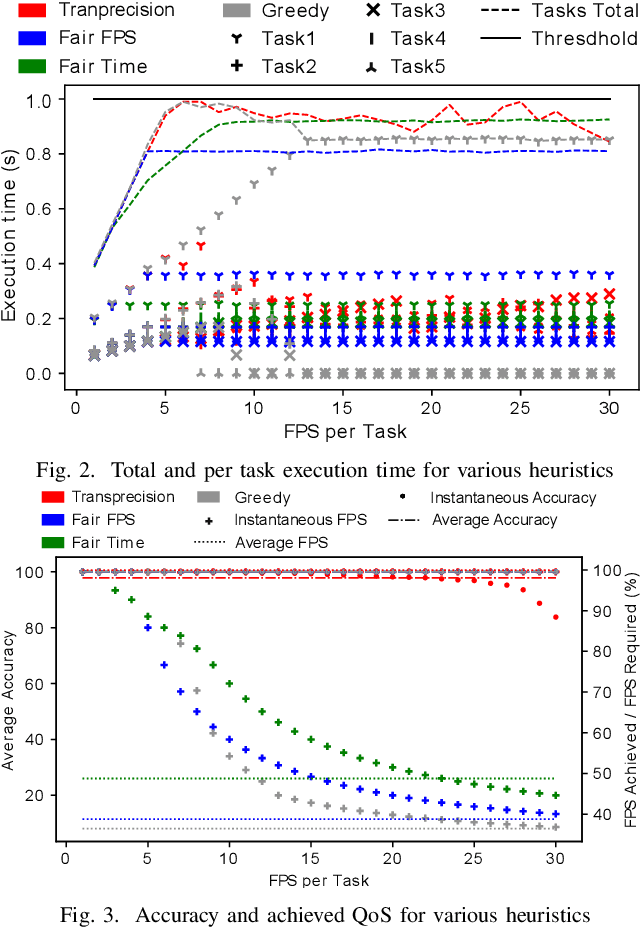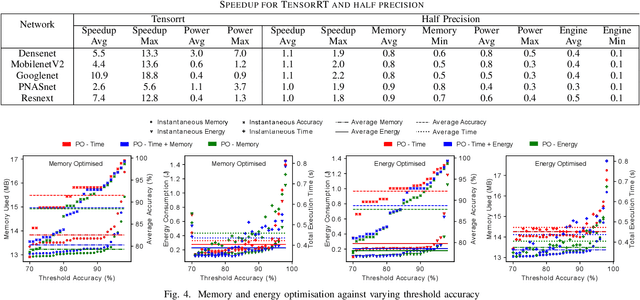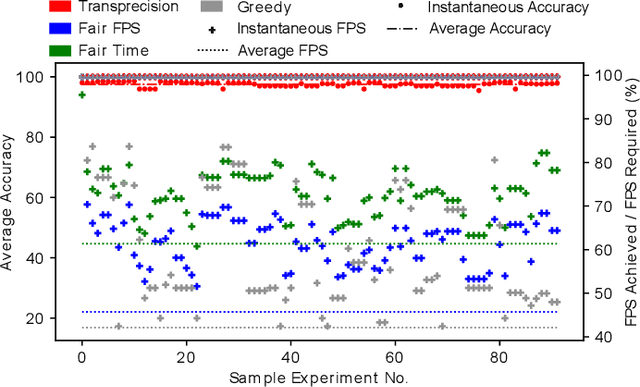Roger Woods
CACTUS: a Comprehensive Abstraction and Classification Tool for Uncovering Structures
Aug 23, 2023Abstract:The availability of large data sets is providing an impetus for driving current artificial intelligent developments. There are, however, challenges for developing solutions with small data sets due to practical and cost-effective deployment and the opacity of deep learning models. The Comprehensive Abstraction and Classification Tool for Uncovering Structures called CACTUS is presented for improved secure analytics by effectively employing explainable artificial intelligence. It provides additional support for categorical attributes, preserving their original meaning, optimising memory usage, and speeding up the computation through parallelisation. It shows to the user the frequency of the attributes in each class and ranks them by their discriminative power. Its performance is assessed by application to the Wisconsin diagnostic breast cancer and Thyroid0387 data sets.
Towards Receiver-Agnostic and Collaborative Radio Frequency Fingerprint Identification
Jul 06, 2022



Abstract:Radio frequency fingerprint identification (RFFI) is an emerging device authentication technique, which exploits the hardware characteristics of the RF front-end as device identifiers. RFFI is implemented in the wireless receiver and acts to extract the transmitter impairments and then perform classification. The receiver hardware impairments will actually interfere with the feature extraction process, but its effect and mitigation have not been comprehensively studied. In this paper, we propose a receiver-agnostic RFFI system that is not sensitive to the changes in receiver characteristics; it is implemented by employing adversarial training to learn the receiver-independent features. Moreover, when there are multiple receivers, this functionality can perform collaborative inference to enhance classification accuracy. Finally, we show how it is possible to leverage fine-tuning for further improvement with fewer collected signals. To validate the approach, we have conducted extensive experimental evaluation by applying the approach to a LoRaWAN case study involving ten LoRa devices and 20 software-defined radio (SDR) receivers. The results show that receiver-agnostic training enables the trained neural network to become robust to changes in receiver characteristics. The collaborative inference improves classification accuracy by up to 20% beyond a single-receiver RFFI system and fine-tuning can bring a 40% improvement for under-performing receivers.
Leveraging Transprecision Computing for Machine Vision Applications at the Edge
Aug 29, 2021



Abstract:Machine vision tasks present challenges for resource constrained edge devices, particularly as they execute multiple tasks with variable workloads. A robust approach that can dynamically adapt in runtime while maintaining the maximum quality of service (QoS) within resource constraints, is needed. The paper presents a lightweight approach that monitors the runtime workload constraint and leverages accuracy-throughput trade-off. Optimisation techniques are included which find the configurations for each task for optimal accuracy, energy and memory and manages transparent switching between configurations. For an accuracy drop of 1%, we show a 1.6x higher achieved frame processing rate with further improvements possible at lower accuracy.
 Add to Chrome
Add to Chrome Add to Firefox
Add to Firefox Add to Edge
Add to Edge